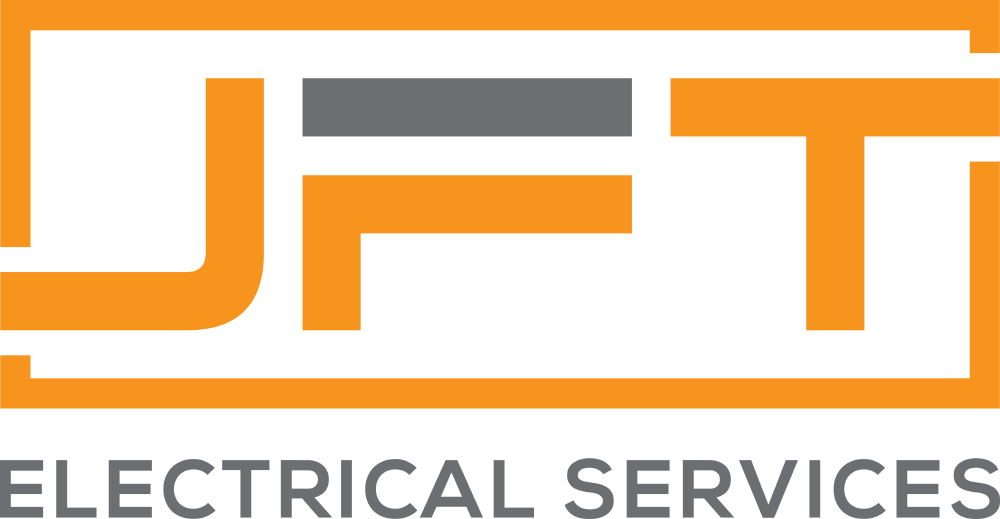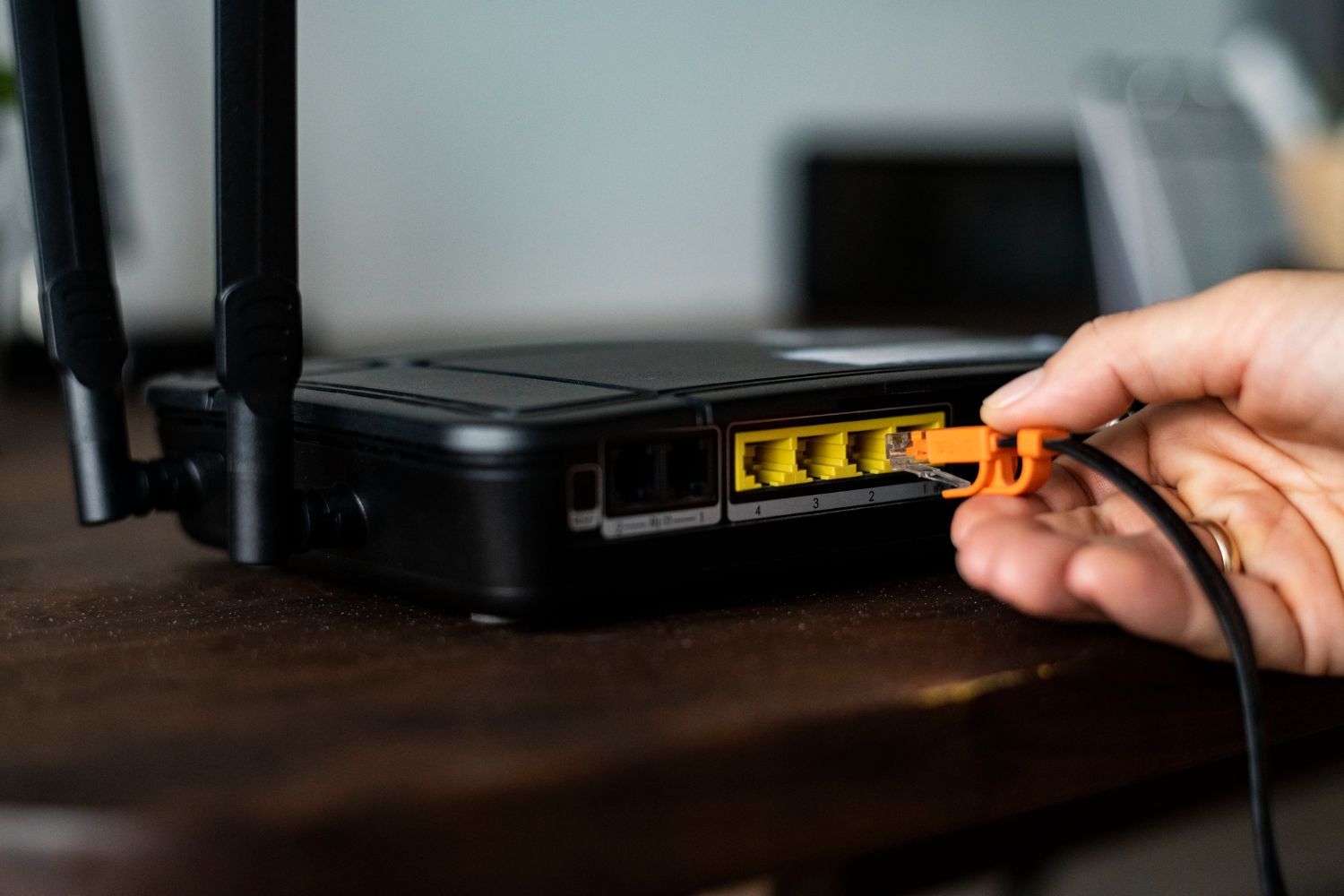DIY Electrical Projects: Safety Tips and Knowing When to Call a Professional Electrician
SHARE POSTS:
Home improvement projects can be incredibly rewarding, and for many, tackling electrical tasks around the house is an exciting challenge. However, working with electricity can be dangerous if you're not well-versed in safety protocols and aware of your limitations. As a DIY enthusiast, it's crucial to recognise when a project is beyond your skillset and requires the expertise of a professional electrician like those at JFT Electrical Services.
In this informative guide, we will arm you with essential safety tips for any DIY electrical project, helping you take necessary precautions to minimise the risk of accidents or damage to your South East Melbourne home. Additionally, we will outline common issues that DIYers may encounter and explain when it's best to call in an expert from JFT Electrical Services. Our goal is to ensure you can embark on your DIY electrical endeavours with confidence while knowing when it's time to rely on professionals.
Electrical safety should always be your top priority when undertaking home improvement projects, and we hope this guide will empower you to make smart decisions for the well-being of your home and family. Let JFT Electrical Services be here to support you every step of the way, providing prompt and reliable assistance whenever you need a professional electrician by your side.
Essential Electrical Safety Tips for DIY Projects
1. Turn Off the Power: Before beginning any electrical work, always switch off the main power supply at the circuit breaker or fuse box. Use a voltage tester to confirm that there is no live current flowing through the wires you're about to work on.
2. Use the Right Tools and Equipment: Invest in high-quality, insulated tools designed for electrical work, such as pliers, screwdrivers, and wire strippers. These tools minimise the risk of electric shock and ensure that you're well-equipped to handle the tasks at hand safely and efficiently.
3. Wear Protective Gear: Personal protective equipment (PPE) is crucial for your safety when working with electricity. This might include rubber gloves, safety glasses, and insulating footwear to reduce the likelihood of injury or electric shock.
4. Work in Dry, Well-Lit Conditions: Avoid working on electrical projects in damp or wet areas, as water is an excellent conductor of electricity and could lead to an increased risk of electrocution. Ensure that your workspace is well-lit, clean, and free from clutter to prevent accidents.
Common Electrical Issues Encountered by DIYers
1. Overloaded Circuit: A frequent issue that DIY enthusiasts come across is an overloaded circuit, where too many electrical devices are drawing power from a single circuit, leading to overheating and potentially dangerous conditions. To avoid this, ensure appliances are evenly distributed across multiple circuits and avoid using extension cords as a permanent solution.
2. Incorrect Wiring: Attempting to wire electrical components without the proper knowledge can result in short circuits or overloaded circuits. This can lead to electrical fires or malfunctioning appliances and switches.
3. Faulty Installations: Incorrectly installing electrical fixtures, such as light switches or outlets, can pose a significant hazard. Improper installations may result in loose wires, unsound connections, or damaged components, increasing the risk of fire or electrocution.
When to Call a Professional Electrician
1. Complex Projects: If you're attempting a complex electrical project that requires an in-depth understanding of electrical systems, such as rewiring your entire house, this type of endeavour should be left to a professional electrician like those at JFT Electrical Services. They have the knowledge and experience necessary to ensure the project is completed safely and correctly.
2. Local Codes and Regulations: When your DIY electrical work involves compliance with local codes and regulations, it's best to bring in a licensed professional who understands these requirements. Adhering to such regulations ensures that your home remains safe and complies with Australian standards.
3. Lack of Confidence or Experience: If you're unsure about any aspect of a DIY electrical project, don't hesitate to seek expert advice and services. It's always better to err on the side of caution and get the help of a professional electrician to ensure your safety and the correct functionality of your home's electrical system.
Conclusion
While DIY electrical projects can be an enjoyable and cost-saving endeavour for many homeowners, it's vital to prioritise safety and understand when a professional electrician's intervention is necessary. By following the crucial safety tips we've outlined in this guide and recognising when it's best to call JFT Electrical Services, you can confidently embark on your DIY electrical journey while maintaining a safe and functional home environment.
If you need assistance or have concerns about any electrical projects in your South East Melbourne home, don't hesitate to contact the reliable professionals at JFT Electrical Services. Our team of experienced and licensed
electricians in Aspendale is here to help you safely navigate your DIY electrical work or handle any complex projects requiring expert skills. Contact us today for all your home electrical needs and experience the peace of mind that comes with knowing you're in good hands.
RECENT POSTS:



